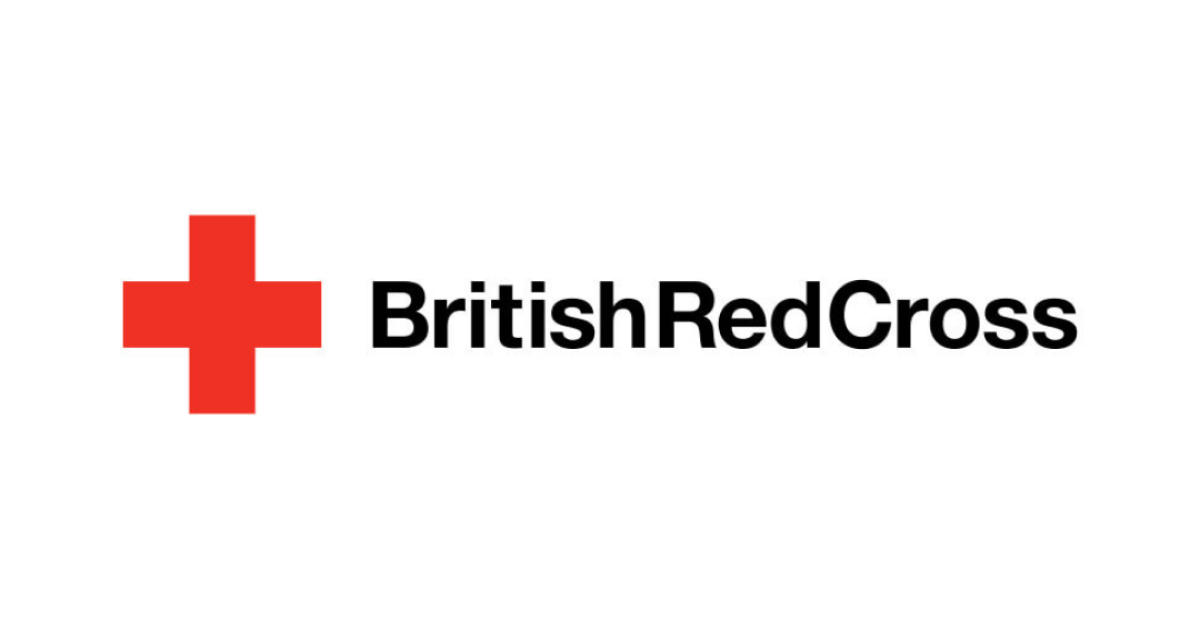Measles Alert: Remote B.C. Community Faces Outbreak - What You Need to Know

Health officials in northern British Columbia are urging residents to be vigilant after confirming measles is circulating within a remote community in northeastern B.C. This announcement marks an official outbreak declaration, prompting a swift response from the Northern Health Authority to contain the spread and protect vulnerable populations.
What's Happening?
Measles is a highly contagious viral illness that spreads easily through the air. It’s characterized by fever, cough, runny nose, and a distinctive rash. The current outbreak is particularly concerning due to the community's remote location, which can make it challenging to access healthcare and implement public health measures effectively. While the exact source of the outbreak is still under investigation, health officials are working diligently to identify and isolate cases.
Who's at Risk?
Individuals who are not vaccinated against measles are at the highest risk of contracting the disease. This includes young children, those with weakened immune systems, and adults who have not received a measles-containing vaccine (like MMR - Measles, Mumps, and Rubella). Even those who had measles as children should confirm their immunity, as immunity can wane over time.
Symptoms and What to Do
Symptoms typically appear 7-14 days after exposure. If you suspect you or someone you know has measles, do not go to a clinic or emergency room without contacting public health first. This helps prevent further spread. Contact Northern Health immediately for guidance.
Protecting Yourself and Your Community: Vaccination is Key
The most effective way to prevent measles is through vaccination. The MMR vaccine is safe and highly effective, providing lifelong immunity after two doses. Northern Health is encouraging all eligible residents to ensure they are up-to-date on their vaccinations.
What is Northern Health Doing?
Northern Health is actively engaged in several key actions:
- Contact Tracing: Identifying and contacting individuals who may have been exposed to the virus.
- Vaccination Clinics: Organizing targeted vaccination clinics in the affected community and surrounding areas.
- Public Awareness Campaigns: Disseminating information about measles symptoms, prevention, and vaccination.
- Collaboration: Working closely with local healthcare providers and community leaders to ensure a coordinated response.
Important Resources:
- Northern Health: https://www.northernhealth.ca/
- BC Centre for Disease Control: https://www.bccdc.ca/
This measles outbreak serves as a reminder of the importance of vaccination and the potential for preventable diseases to resurface. By staying informed and taking proactive steps, we can protect ourselves, our families, and our communities.






